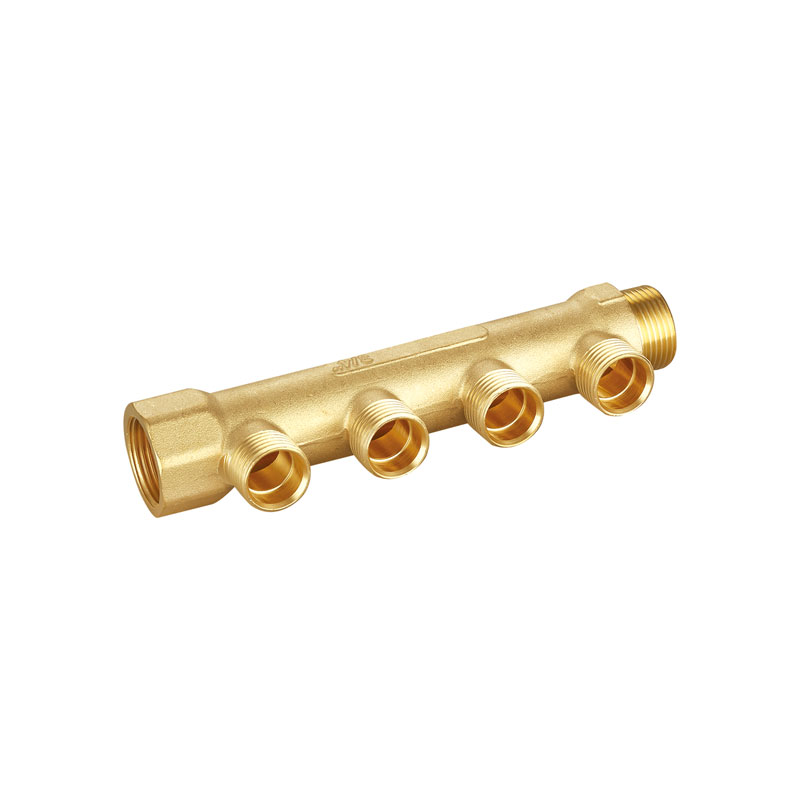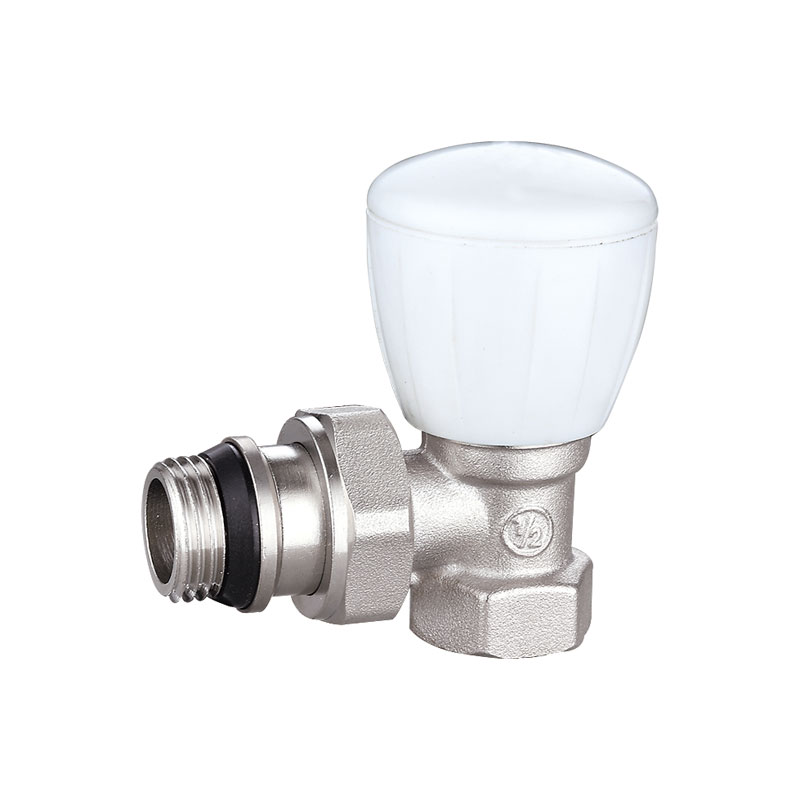In today’s fast-paced world, efficient and precise control over fluid flow is critical in various industrial applications. Brass angle valves have become a vital component in a range of plumbing and piping systems due to their durability, corrosion resistance, and ability to handle high-pressure environments. These valves are commonly used to regulate the flow of water, gas, and other fluids in residential, commercial, and industrial settings. The increasing demand for reliable, long-lasting valve solutions has propelled the widespread use of brass angle valves across many sectors.
What Is a Brass Angle Valve?
A brass angle valve is a type of valve used to control the flow of water or other fluids in piping systems. Unlike traditional straight valves, the brass angle valve features an angled design that allows it to efficiently change the direction of fluid flow, usually from a horizontal pipe to a vertical one. This unique angle design provides greater flexibility in piping layouts, making it an ideal solution for applications where space constraints are a concern.
Constructed from brass, these valves offer a combination of strength, corrosion resistance, and ease of maintenance. Brass is an alloy made primarily of copper and zinc, known for its durability and resistance to rust and corrosion. These qualities make brass angle valves particularly suitable for environments where they may be exposed to harsh chemicals, moisture, or temperatures.
Applications of Brass Angle Valves
Brass angle valves are widely used in both residential and industrial plumbing systems. In homes, they are commonly installed in water supply lines to control the flow of water to fixtures like sinks, showers, and toilets. The ability to quickly shut off water flow with a brass angle valve is essential for repairs or maintenance, making these valves an indispensable part of home plumbing systems.
In industrial settings, brass angle valves are used to regulate the flow of fluids in heating, ventilation, and air conditioning (HVAC) systems, as well as in chemical processing plants. These valves can handle higher pressures and a wider variety of fluids, making them ideal for applications that require precision flow control under demanding conditions. The versatility of brass angle valves has led to their adoption in industries such as food and beverage, pharmaceuticals, and oil and gas.
One of the notable features of brass angle valves is their ability to be adjusted with great precision. This makes them ideal for applications where even slight variations in fluid flow can result in inefficiency or safety hazards. For instance, in chemical processing plants, where fluids need to be carefully controlled to avoid contamination or unsafe conditions, the ability to make precise adjustments with a brass angle valve is invaluable.
Durability and Reliability of Brass Angle Valves
One of the primary reasons brass angle valves are so widely used is their exceptional durability and reliability. Brass is a material that can withstand the rigors of high-pressure environments and is resistant to corrosion and wear. This means that brass angle valves require less maintenance compared to valves made from other materials, such as steel or plastic.

The robust construction of brass angle valves allows them to perform consistently under conditions. They can handle high temperatures, fluctuating pressures, and even exposure to chemicals, which makes them a popular choice for industrial and commercial applications. Furthermore, brass angle valves are designed to resist wear over time, meaning they can offer years of reliable service without needing to be replaced.
In addition to their durability, brass angle valves are known for their ease of maintenance. Unlike some other valve materials that may require special care or regular cleaning, brass is relatively low-maintenance. A simple cleaning process can help maintain its performance, reducing downtime and operational costs.
Advantages of Brass Angle Valves
The benefits of using brass angle valves extend beyond their durability and versatility. One significant advantage is their ability to handle higher pressures compared to many other valve types. This makes brass angle valves ideal for applications that require heavy-duty flow regulation, such as in industrial machinery or hydraulic systems. The ability to withstand high pressures without compromising performance ensures that brass angle valves remain functional for longer periods, even in demanding environments.

 languages
languages

 English
English русский
русский












